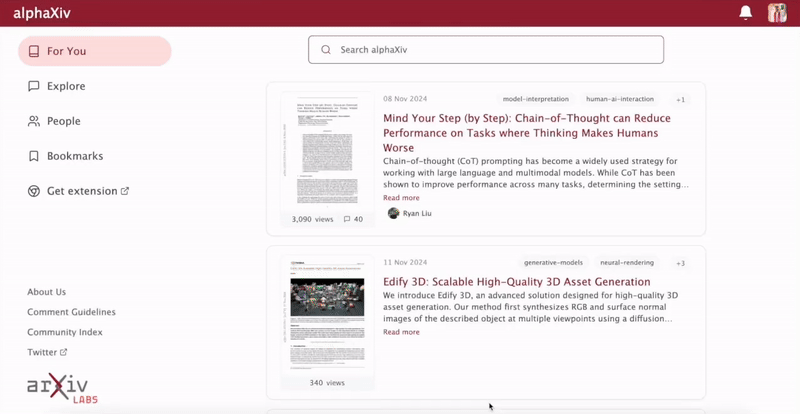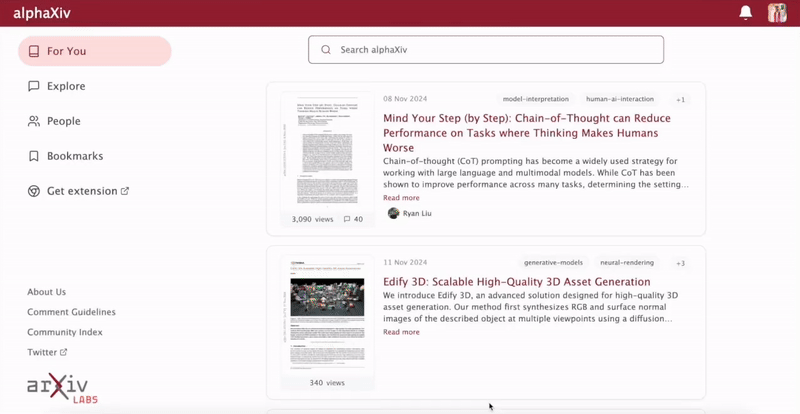For many complex simulation tasks spanning areas such as healthcare,
engineering, and finance, Monte Carlo (MC) methods are invaluable due to their
unbiased estimates and precise error quantification. Nevertheless, Monte Carlo
simulations often become computationally prohibitive, especially for nested,
multi-level, or path-dependent evaluations lacking effective variance reduction
techniques. While machine learning (ML) surrogates appear as natural
alternatives, naive replacements typically introduce unquantifiable biases. We
address this challenge by introducing Prediction-Enhanced Monte Carlo (PEMC), a
framework that leverages modern ML models as learned predictors, using cheap
and parallelizable simulation as features, to output unbiased evaluation with
reduced variance and runtime. PEMC can also be viewed as a "modernized" view of
control variates, where we consider the overall computation-cost-aware variance
reduction instead of per-replication reduction, while bypassing the closed-form
mean function requirement and maintaining the advantageous unbiasedness and
uncertainty quantifiability of Monte Carlo.
We illustrate PEMC's broader efficacy and versatility through three examples:
first, equity derivatives such as variance swaps under stochastic local
volatility models; second, interest rate derivatives such as swaption pricing
under the Heath-Jarrow-Morton (HJM) interest-rate model. Finally, we showcase
PEMC in a socially significant context - ambulance dispatch and hospital load
balancing - where accurate mortality rate estimates are key for ethically
sensitive decision-making. Across these diverse scenarios, PEMC consistently
reduces variance while preserving unbiasedness, highlighting its potential as a
powerful enhancement to standard Monte Carlo baselines.





